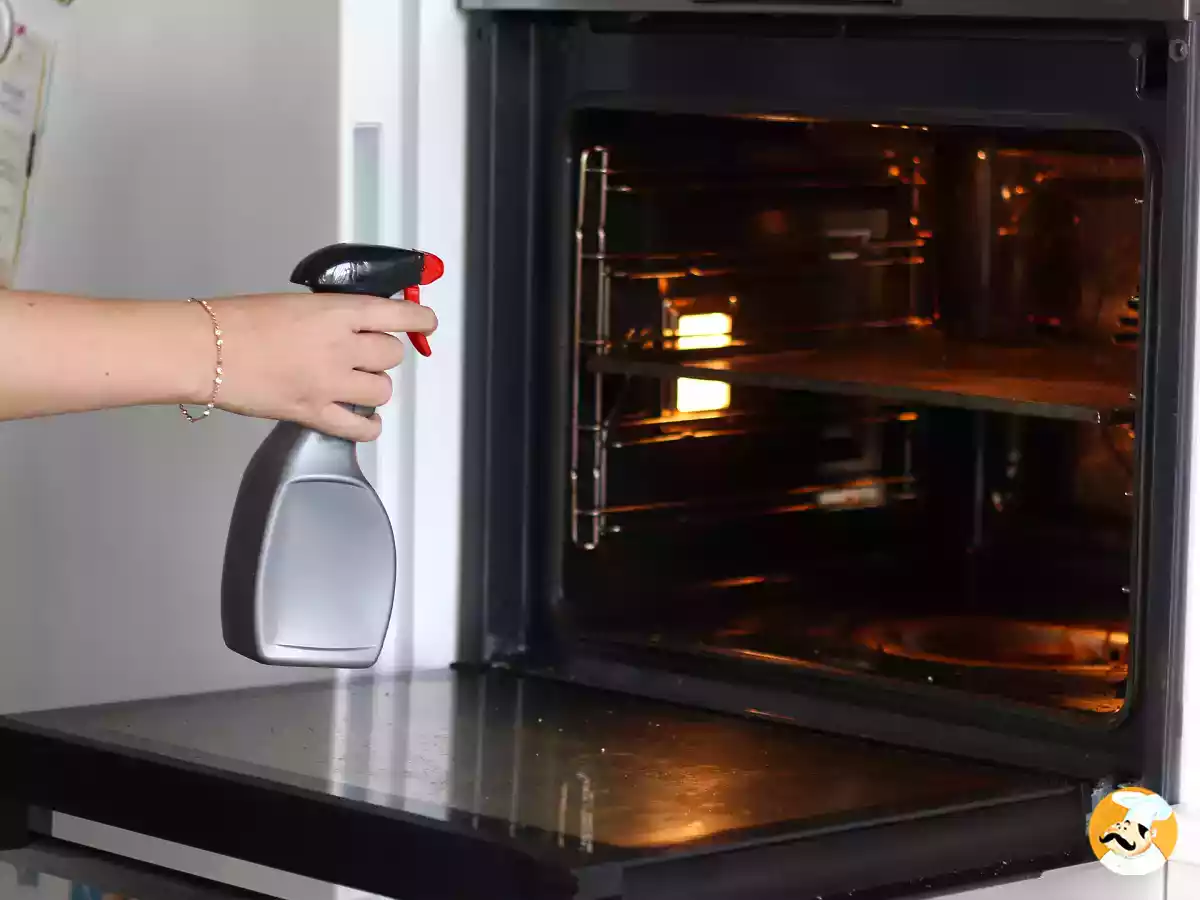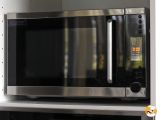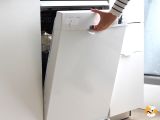3 Chemical-free ways to clean your oven!

Cleaning the oven can seem like a thankless task, especially when grease and burnt food residue accumulate. However, it can be done naturally and effectively, without resorting to harsh chemicals that can be harmful to your health and the environment. In this article you will discover eco-friendly techniques to turn oven cleaning into a breeze. From natural i abrasive pastes to degreasing steamers, you're sure to find the method that best suits your needs.
1. Bicarbonate and white vinegar
This combination is among the most popular and effective for removing stubborn stains and grease residue. Baking soda acts as a natural abrasive, while vinegar dissolves grease and neutralizes odors. This synergy makes this mixture extremely powerful in combating the most stubborn dirt.
What you need:
- 7 oz of baking soda (3/4 cup)
- Water
- White vinegar (about 1/2 cup)
- Spray
- Soft cloth or sponge
Directions:
- Make a thick paste by combining baking soda and a little water. Spread it evenly on the inside walls of the oven, avoiding covering the heating elements.
- Leave it on for at least 12 hours, preferably overnight. After this time has elapsed, spray white vinegar generously on the paste. The chemical reaction that will form will soften stubborn dirt.
- Use a damp sponge to remove the residue. If necessary, repeat the operation on more difficult stains. Finally, rinse thoroughly with a damp cloth and dry with a clean cloth.
2. Lemon
Lemon, thanks to its natural acidity, is a powerful degreaser that effectively dissolves stubborn encrustations, leaving a fresh citrus scent in the oven.
What you need:
- 2 lemons
- Water
- Soft cloth or sponge
How to do it:
- Squeeze lemons into an oven-safe bowl. Add the peels and water to the bowl as well, then bake at 250°F (120°C) for about half an hour.
- The aromatic steam from the lemon, along with the heat, will effectively melt away stubborn grease and encrustations.
- Once the oven has cooled, use a damp cloth to remove dirt quickly and easily due to the degreasing power of the lemon.
3. Coarse salt
Coarse salt is a natural and inexpensive alternative to chemical oven cleaners. Compared with baking soda, which has a more chemical action, salt works mainly by abrasion, making it particularly effective on fouling. In addition, salt has antibacterial properties that help sanitize the oven.
What you need:
- 7 oz coarse salt (1 cup)
- Water
- Soft cloth or sponge
How to do it:
- Mix coarse salt and a little water until you get a paste. Spread it on the dirty parts of the oven, insisting on the most stubborn stains.
- Leave it on for about an hour.
- Now scrub with a damp sponge to remove the dirt. Then, rinse and admire the result: an oven that shines like new!
Conclusions:
In this article you have discovered how to turn oven cleaning into an eco-friendly and sustainable act. These natural remedies not only give you excellent results, but also help you protect the environment and your health. Don't hesitate to experiment and find the perfect combination for your oven, and if you know of other natural ways to clean your oven, write to us in the comments!
You might also be interested in:
 Daniele Mainieri
Daniele Mainieri

Comments
Neil Borlase
Brilliant article and information, thank you